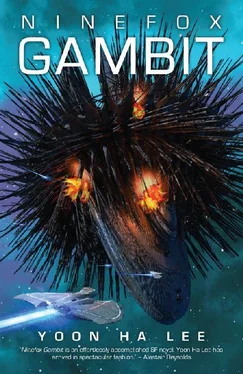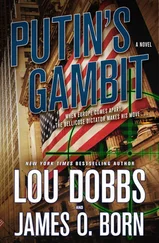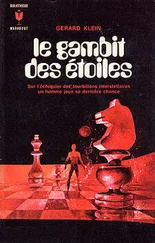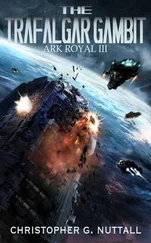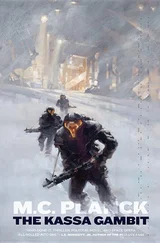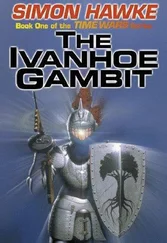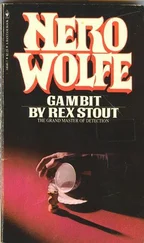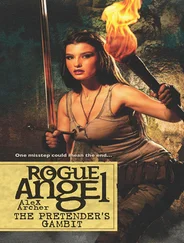There it was: the Radiant Gate. The entire thing was transparent, although the index of refraction gave Naraucher a headache even from here. Coiled behind the surface were living lines of light, writing and rewriting praises to the hexarchate. The light was alternately gold and bronze and silver, and suffused with a warmth that Naraucher had never ascribed to his government.
Major Ula’s company wavered for a moment. Then they got themselves sorted out and the pivots started moving into place. A great fierce light sprang up around her company. No, it wasn’t light. You couldn’t read by it or warm your hands by it, but whatever it was, it drew the eye and made it flinch at the same time. It intimated banners and swords held high and six-gun salutes.
Ula was bannering: surely that was a good sign, the suicide hawk plain to see, even if all they had to represent their general was the null banner. Someone was hissing at him. He remembered to keep up. If the servitors could do their job when they were so new at it, it behooved him to do his.
Astonishingly, the gate was giving way. The transparent stuff was snaking off in curling vapor. And the light – those radiant words, all the ideals of the hexarchate scribed by poets long dead – the light was funneling free in scrolls and coils, words uncaged, or perhaps words driven off.
“– is the captain.” The voice on the link was savage even through the crackling. “Word from the colonel. The heretics have woken up. They’ve dropped the corrosion gradient and they’re headed for our rear. Rear units are changing front. We’re to follow the major once she’s through and hit that factory, hope the rearguard can keep the heretics occupied.”
Naraucher looked again at Ula’s company. This time he noticed something that hadn’t been apparent before. At the edges of the formation, the non-pivot positions, humans and servitors both, were changing into pillars of candescent numbers. Naraucher shouldn’t have been able to recognize the numbers at this distance, but he could. Most but not all were in the high language’s vertical script. Machine Universal was identifiable as such, although he couldn’t read it.
He couldn’t have justified this conviction, but he would have said that the numbers were numbers that mattered. Birthdays and festival days. A child’s shoe size. The number of times a soldier visited a crippled comrade. The specific gravity of a favorite wine. The number of bullets left in a pistol. The distance from this siege to a childhood home, remembered but never visited.
The number of soldiers a Kel general was willing to sacrifice to achieve her objective.
Naraucher wasn’t crying when his company reached the gate’s shriveled remnants, passing through the smoke-memory of people reduced to phantasms of number. But his eyes hurt. Ula’s company had burned up evaporating the gate. He could only do his part: fight through the breach they had won for those who followed.
IN THE COMMAND center of the Unspoken Law , Cheris listened to the reports. She didn’t mourn. She had lost the right to mourn. Jedao would have disagreed, which was why she wasn’t talking to him.
The first recorded Kel formation was a suicide formation. She had learned that at academy sometime and forgotten it. Now she would never forget.
CHAPTER NINETEEN
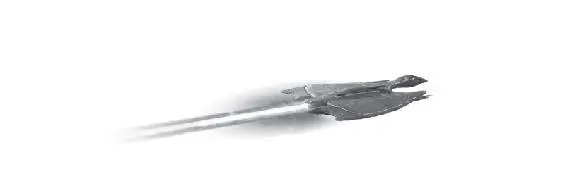
CAPTAIN-ENGINEER NIRAI WENIAT might have been the only person in the swarm who liked threshold winnowers. It wasn’t that he thought their destructiveness was funny, although people had accused him of thinking destruction in general was funny. It was the purity of the winnowers’ function: death that caused death that caused death.
The universe ran on death. All the clockwork wonders in the world couldn’t halt entropy. You could work with death or you could let it happen; that was all.
“Sir,” said Nervous Engineer Three, “I’m having trouble getting the – oh, there it goes.” A soft click.
“Have more confidence,” Weniat said. This had the opposite of the desired effect.
They were setting up in a park in the Radiant Ward. A bunch of Kel had flushed out the civilians, heroically refrained from shooting the tame deer that begged them for treats, and were now patrolling the perimeter to make sure no nasty surprises turned up.
Fighting was still going on elsewhere in the ward. One of the infantry captains Weniat was on friendly terms with had passed him word of the Kel-servitor suicide formations. Weniat had been impressed. Clever use of servitors, high time a Kel thought laterally. When he had heard they were going to be commanded by a jumped-up captain no one had ever heard of, he’d thought Kel Command had gone mad, but it seemed the woman had potential after all.
The park was too quiet. Nervous Engineer Two was glancing around. One of the deer wandered over and had to be shooed off. It seemed to think the winnower might dispense treats.
“It’s ready, sir,” said Steady Engineer, who had been working quietly all this time.
The winnower didn’t look like its function. If you didn’t realize what it was, you might mistake it for a pretty kinetic sculpture, all looping wires and spinning wheels and interconnected shafts. Weniat, who had understood the relevant mechanics since he was thirteen years old, knew better.
“It’s Weniat,” he said over the link. “Teams Two through Four, status.”
“Team Two preparations complete.”
“Team Four here. Estimate another sixteen minutes, we’re having a minor issue with the – look, you’re holding it upside-down. Let me –” Silence.
“Team Three, sir, we’re ready.”
Team Four figured out what they were doing in thirty-eight minutes. Two of its members were borderline incompetent, but they were under an especially vigilant lieutenant.
“Weniat to Colonel Ragath,” he said once he had confirmed that nothing had come unscrewed at the last second. “All winnowers deployed. I recommend you get the Kel the fuck out of here.”
“Captain,” Ragath’s long-suffering voice came back, “one of these days I’ll figure out why the Nirai can recite transcendental numbers to hundreds of digits while drunk out of their minds, but can’t remember their own ranks.”
Weniat was impressed that the colonel knew about transcendental numbers. He must stop underestimating the Kel.
“Do you wish to evacuate any personnel, Captain?”
“No, sir,” Weniat said. Everyone here was a volunteer. The Nirai could make informed judgments on this better than the Kel could. It was their job to understand the math.
“Very well,” Ragath said. “Once the heretics notice we’re pulling out, things will go to hell fast. I’ll keep you informed of the situation.”
“Are we winning, sir?”
Slight pause. “You could call it that. Colonel Ragath out.”
Time passed.
More time passed.
The deer wandered by again. Nervous Engineer Three threw rocks at it until it went away.
“How long does it take the Kel to shoot their way out, anyway?” Nervous Engineer Five, who tended to whine.
“Key phrase,” Steady Engineer said, “ shoot their way out. I’ve seen you with a gun, you think you could do better?”
“I hear something,” Nervous Engineer Four said in an undertone. People crashing through the park, twigs snapping. They weren’t here to pet the deer.
“Weniat to Colonel Ragath,” Weniat said urgently. “Complication. Patrol approaching our position. Not sure how many.”
There were only five people in each winnower team.
“I’ve got three slow Kel companies,” Ragath said after a moment. “However, your mission has priority. Trigger the winnowers when you see fit.”
Читать дальше
